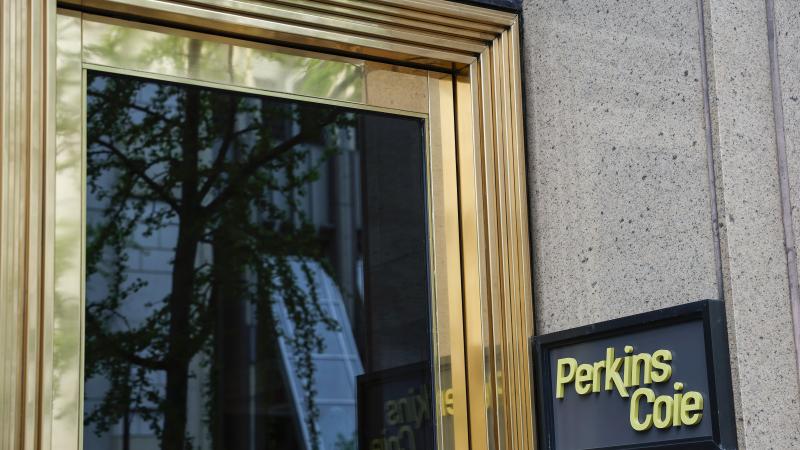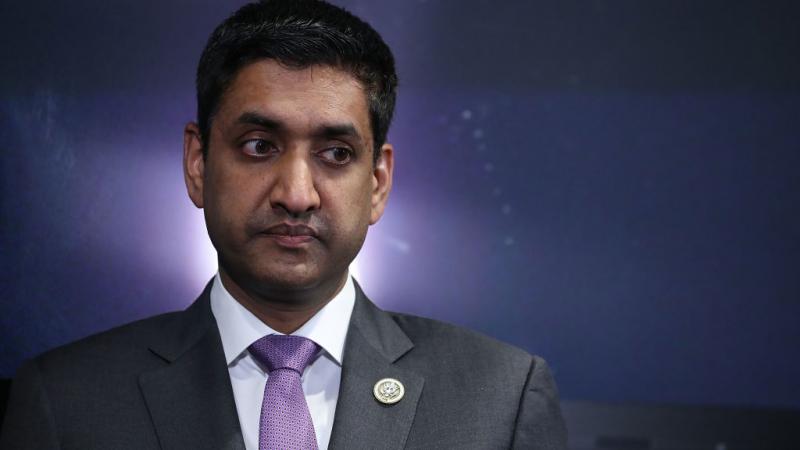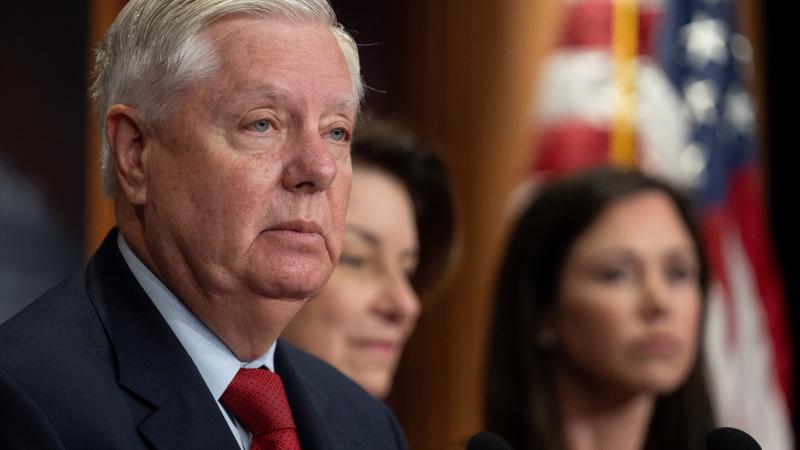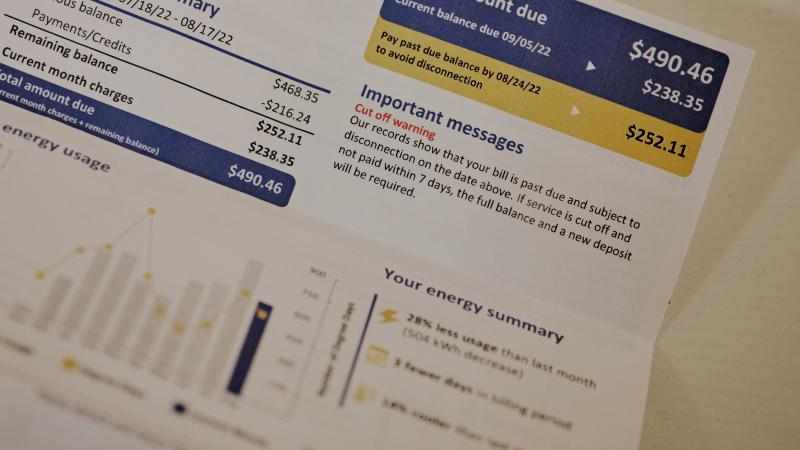SPLC expands 'Hate Map' by adding political and parents groups to hate extremists
It appears as if hate exploded in the United States last year, but SPLC's "Hate Map" data is inflated because 702 of 1,225 groups described by the map as "hate groups" are actually policy advocacy organizations with no connection to a "hateful" ideology.
The Southern Poverty Law Center is reporting a record low number of hate groups this year but is inflating the dots on its infamous "Hate Map" by redefining political policy and parents groups as anti-government organizations worthy of scrutiny.
The SPLC recorded 523 hate groups in its 2022 annual report. That is the fewest number of hate groups recorded since the SPLC started publishing its annual Hate Map in 2000. The organization doesn't mention this accomplishment in its annual report and instead focuses on hate they allege is being pushed by right-wing figures.
Rather than reflecting what most would find a cause for celebration, the latest Hate Map's headline states: "In 2022, we tracked 1,225 hate and antigovernment groups across the U.S."
All previous years' Hate Maps listed only hate groups, and 2022 had the highest number of groups tracked by the controversial "civil rights" organization. On the surface, it would appear as if hate exploded in the United States last year, by including 702 groups deemed "anti-government" into the data pool. The addition of policy groups inflated the totals on the map by 57%.
The SPLC acknowledged a difference between "hate groups" and "anti-government" groups: "Hate groups hold beliefs or practices that attack or malign an entire class of people, typically for their immutable characteristics, while antigovernment groups see the federal government as an enemy of the people and promote baseless conspiracy theories." The organization justified the commingling of the two because it claimed "far-right activists have embraced ever more violent rhetoric" and "their words are contributing to an atmosphere that breeds political violence."
Geographic errors in the map also abound. Most of the Moms for Liberty county chapters, of which there are 285 in 45 states, are placed in the middle of the states they are based out of, regardless of whether that is their actual location. The SPLC did not respond to requests for comment, or offer an explanation for their decision on where to locate the alleged hate groups.
"Anti-government" groups include county chapters of the parents' rights group Moms for Liberty and state chapters of the Constitution Party. The Moms for Liberty website describes their members' pledge as a commitment to "honor the fundamental rights of parents including, but not limited to the right to direct the education, medical care, and moral upbringing of their children" and "to advance policies that strengthen parental involvement and decision-making, increase transparency, defend against government overreach, and secure parental rights at all levels of government." There is no mention of race, religion, or national origin in their material.
Moms for Liberty objects to being placed on SPLC's "Hate Map."
"Name-calling parents who want to be a part of their child’s education as 'hate groups' or 'bigoted' just further exposes what this battle is all about: Who fundamentally gets to decide what is taught to our kids in school — parents or government employees? We believe that parental rights do not stop at the classroom door and no amount of hate from groups like this is going to stop that," Moms for Liberty co-founders Tiffany Justice and Tina Descovich told Just the News.
The SPLC has long been the subject of several inquiries and controversies. In 1995 the Montgomery Advertiser was a finalist for a Pulitzer Prize for its exposé of SPLC's "questionable management practices and self-interest." Cornell law professor William Jacobson and the conservative Alliance Defending Freedom have also accused the SPLC of using its reputation fighting the Ku Klux Klan decades ago to attack opponents and raise money today.
Likewise, investigative journalist Ken Silverstein described the group as "profiting from intolerance," writing in Harper's in 2010 that "the Law Center is essentially a fraud and that it has a habit of casually labeling organizations as 'hate groups.' In doing so, the SPLC shuts down debate, stifles free speech, and most of all, raises a pile of money, very little of which is used on behalf of poor people."
In 2018, The Washington Post openly questioned the SPLC's criteria in a story headline that questions whether the group was "judging fairly." In that story, SPLC President Richard Cohen acknowledged there was some subjectivity to designations but defended the group.
"Obviously the hate label is a blunt one" Cohen told the newspaper then. "It’s one of the things that gives it power, and it’s one of the things that can make it controversial. Someone might say, 'Oh, it’s without nuance.' … But we’ve always thought that hate in the mainstream is much more dangerous than hate outside of it."
The SPLC is currently facing a lawsuit brought by the Dustin Inman Society, Inc., a non-profit with a stated mission and goal of promoting the enforcement of immigration laws in the United States after appearing as an "anti-immigrant hate group" on the SPLC map. On March 31, an Alabama federal judge denied SPLC's attempt to have the case dismissed.
Madeleine Hubbard is an international correspondent for Just the News. Follow her on Twitter or Instagram.
















